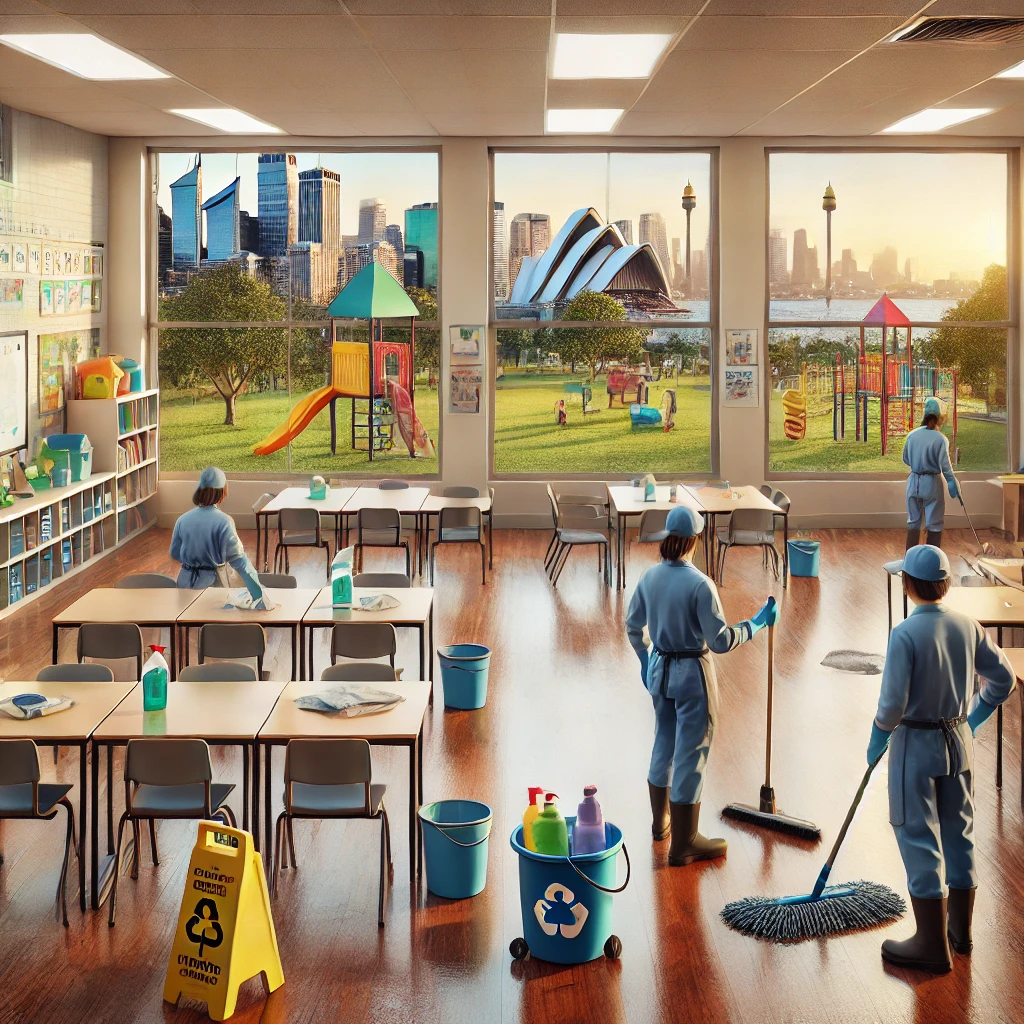When discussing academic performance and student well-being, topics like curriculum quality, teacher effectiveness, and extracurricular opportunities often dominate the conversation. However, one factor that is frequently overlooked yet immensely influential is the cleanliness of the school environment. A clean school doesn’t just look aesthetically pleasing; it plays a pivotal role in fostering an atmosphere conducive to learning and personal growth. Meet School Cleaning Sydney

Creating a Healthy Learning Environment
A clean school environment reduces the spread of germs and illness among students and staff. Regular cleaning and disinfection of classrooms, restrooms, and common areas minimize the likelihood of students missing school due to preventable illnesses. According to studies, absenteeism is a significant barrier to academic success. Children who are frequently absent often struggle to keep up with their peers, leading to gaps in knowledge and lower performance.
Beyond physical health, cleanliness also contributes to mental well-being. A cluttered or dirty environment can increase stress and anxiety, particularly in children who are highly sensitive to their surroundings. Clean spaces promote a sense of order and calmness, creating an environment where students can focus better on their studies.
Enhancing Focus and Productivity
Clutter and disarray in a classroom can be distracting. A well-maintained and clean space allows students to concentrate more effectively. Research shows that people are more productive in organized environments because the brain can focus on tasks without being overstimulated by visual chaos.
Moreover, cleanliness extends beyond the classroom. Clean hallways, cafeterias, and restrooms signal to students that their school values their comfort and dignity. This unspoken message can boost morale and encourage students to take pride in their surroundings, further fostering a positive learning environment.
Encouraging Positive Behaviors
A clean school can indirectly shape behavior. When students see their environment being taken care of, they are more likely to respect it. Schools that prioritize cleanliness often experience less vandalism and littering. Students are more likely to develop habits of cleanliness and organization when these values are modeled by their surroundings.
Additionally, a clean school environment can improve relationships between staff and students. When custodial staff, teachers, and administrators work together to maintain cleanliness, it fosters a sense of community and mutual respect. This collaborative atmosphere can enhance communication and trust, contributing to a more harmonious school culture.
Long-Term Impacts on Well-being
The benefits of clean schools extend beyond academic performance. Students who grow up in clean, well-maintained environments are more likely to develop lifelong habits of cleanliness and organization. These habits can lead to healthier lifestyles and greater success in personal and professional settings.
Furthermore, clean schools can also improve staff retention and satisfaction. Teachers and staff are more likely to feel motivated and valued in an environment that prioritizes cleanliness. Happy and healthy teachers are more effective educators, which ultimately benefits students.
Conclusion
The cleanliness of a school may not always be the most visible factor influencing academic success and well-being, but its impact is profound and far-reaching. By maintaining a clean environment, schools can enhance focus, reduce absenteeism, encourage positive behaviors, and support the overall mental and physical health of their students and staff. Investing in cleanliness is not just about appearances; it is an investment in the future of education and the well-being of the next generation. Please Browse our site ( https://ionhygienics.com.au/ ) or call ( +61 0403 064 562 ) for a chat. We look forward to serving you.

